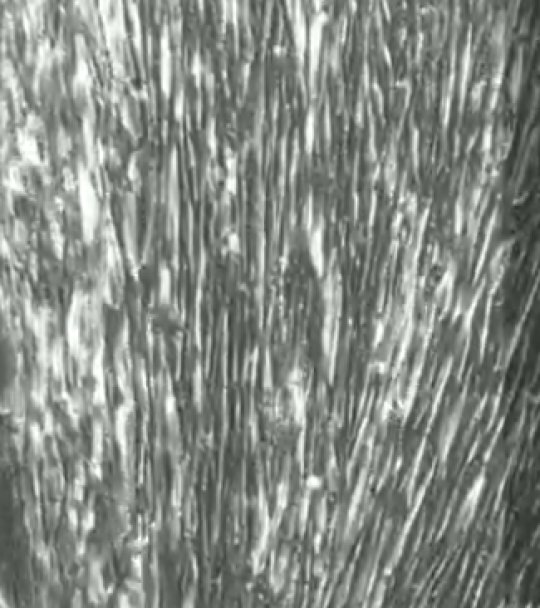Wellcome Trust Sanger Institute scientists and their collaborators at the University of Cambridge have created a new technique that simplifies the production of human brain and muscle cells - allowing millions of functional cells to be generated in just a few days. The results published in Stem Cell Reports open the door to producing a diversity of new cell types that could not be made before in order to study disease.
Human pluripotent stem cells offer the ability to create any tissue, including those which are typically hard to access, such as brain cells. They hold huge potential for studying human development and the impact of diseases, including cancer, Alzheimer's, Multiple Sclerosis, and heart disease.
In a human, it takes nine to twelve months for a single brain cell to develop fully. To create human brain cells, including grey matter (neurons) and white matter (oligodendrocytes) from an induced pluripotent stem cell, it can take between three and twenty weeks using current methods. However, these methods are complex and time-consuming, often producing a mixed population of cells.
The new platform technology, OPTi-OX, optimises the way of switching on genes in human stem cells. Scientists applied OPTi-OX to the production of millions of nearly identical cells in a matter of days. In addition to the neurons, oligodendrocytes, and muscle cells the scientists created in the study, OPTi-OX holds the possibility of generating any cell type at unprecedented purities, in this short timeframe.
To produce the neurons, oligodendrocytes, and muscle cells, scientists altered the DNA in the stem cells. By switching on carefully selected genes, the team "reprogrammed" the stem cells and created a large and nearly pure population of identical cells. The ability to produce as many cells as desired combined with the speed of the development gives an advantage over other methods. The new method opens the door to drug discovery, and potentially therapeutic applications in which large amounts of cells are needed.
An author of the study, Dr Ludovic Vallier from the Wellcome Trust Sanger Institute said: "What is really exciting is we only needed to change a few ingredients - transcription factors -- to produce the exact cells we wanted in less than a week. We over-expressed factors that make stem cells directly convert into the desired cells, thereby bypassing development and shortening the process to just a few days."
OPTi-OX has applications in various projects, including the possibility to generate new cell types which may be uncovered by the Human Cell Atlas. The ability to produce human cells so quickly means the new method will facilitate more research.
